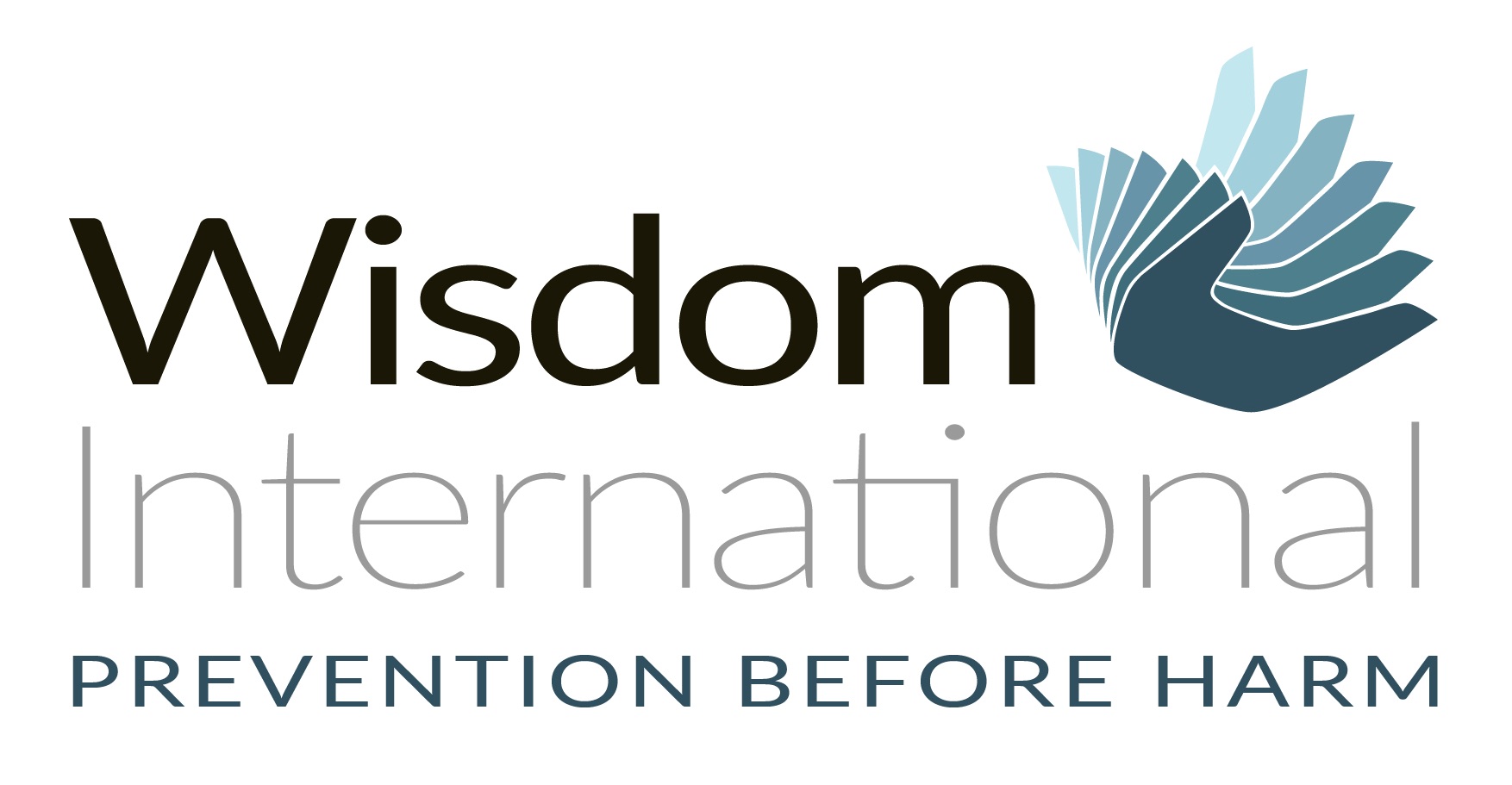
The ever-changing landscape of human trafficking legislation could occupy a full website. Important stages in the foundations and development of this legislation began with VAWA in 1994 and pushed on in earnest from 2000 until today with the TVPA and other laws forming the framework of protection for victims and prosecution of traffickers and buyers in the United States.
Here, our aim is to inform the reader about important Federal and California legislation, legislative changes, and current actions to be taken to move bills into becoming laws.
Notably, very little is currently on the cards of legislation for Prevention of human trafficking before harm occurs, even as it is a core collaborative element for ending human trafficking.
HUMAN TRAFFICKING LEGISLATION – FEDERAL

H.R. 1620 – Violence Against Women Reauthorization Act of 2022 (VAWA) (Jackson Lee, D-TX-18) – became law 2022.03.11 – Bipartisan reauthorization through 2027 through the passage of the Consolidated Appropriations Act, 2022 (H.R. 2471), the omnibus government funding bill for fiscal year 2022. VAWA includes historic provisions that restore critical categories of Tribal criminal jurisdiction necessary to protect Native women and children, including sexual assault, stalking, sex trafficking, child violence, obstruction of justice, and assault of Tribal justice personnel.
The Consolidated Appropriations Act reauthorizes several expiring programs and in relation to VAWA authorizes:
- the special assessment on nonindigent people or entities convicted of certain criminal offenses (e.g., sexual abuse and trafficking);
- programs and activities under the Violence Against Women Act that seek to prevent and respond to domestic violence, sexual assault, dating violence, and stalking.
It also includes several additional provisions that address:
- deceptive acts or practices targeting Native Americans.
In addition to restoring Tribal jurisdiction over certain crimes, VAWA intends to:
- recognizes the need to support the authority of Alaska tribes excluded from the definition of Indian country to exercise special tribal criminal jurisdiction (STCJ) over these crimes through the creation of a pilot program.
- clarify that Tribes in Maine are also eligible to exercise STCJ;
- codify the Tribal Access Program (TAP) to enhance Tribes’ ability to access and obtain information from national criminal information databases;
- establish a reimbursement program, through which the U.S. Attorney General may reimburse Tribal governments for expenses incurred in exercising special Tribal criminal jurisdiction (STCJ);
- permanently reestablish the U.S. Bureau of Prisons (BOP) Tribal Prisoner Program to allow Indian Tribes to place offenders convicted in Tribal Courts of violent crimes in federal facilities if the sentence includes a term of imprisonment for one or more years; and
- increase resources to Tribal governments exercising STCJ.
HUMAN TRAFFICKING LEGISLATION – INDIGENOUS / NATIVE AMERICAN
It is important to understand the legal definition of “Indian Country” to understand the meaning and scope of Indigenous legislation.
Indian Country as defined by the U.S. Environmental Protection Agency (EPA) is all land within the limits of any Indian reservation under the jurisdiction of the United States Government, including rights-of-way running through the reservation; including land that is located within the exterior boundaries of an Indian reservation; including all dependent Indian communities within the borders of the United States whether within the original or subsequently acquired territory thereof; including all Indian allotments, the Indian titles to which have not been extinguished; including lands held by the federal government in trust for Indian tribes that exist outside of formal reservations, that are considered informal reservations and, thus, are Indian Country. The definition includes rights-of-way for such things as highways, railroads, power lines and pipelines that run through a reservation.
Dependent Indian communities (above) are a category of Indian Country that are not Indian reservations or individual Indian allotments, however, that must have been set aside by the U.S. Government for the use of Indians as Indian land, and be under federal superintendence under which the federal government must exercise a degree of control or oversight of these lands for Indian purposes.
Indian allotments (above), the Indian titles to which have not been extinguished, including rights-of-way running through the same, are parcels of land held in trust by the United States for individual Indians or held by Indians and otherwise subject to a restriction on the Indian owner’s ability to sell or transfer the allotment to another party. Allotments may exist within an Indian reservation but may also be located outside of any reservation.
SB 982 – Not Invisible Act of 2019 (Cortez Masto, D-NV) – HR 2438 – (Haaland, D-NM) – became law 2020.10.10 – to increase intergovernmental coordination to identify and combat violent crime within Indian lands and of Indians; will establish a joint Advisory Committee between the Department of Justice and the Department of the Interior on reducing violence against Native American people made up of tribal law enforcement, state and local law enforcement, tribal leaders from a minimum of three tribes, one tribal leader from Alaska, a tribal judge, FBI victim services, DHHS, a public defender, health care practitioners, at least one Indian survivor of human trafficking, at least one family member of a missing Indian person, at least one family member of a murdered Indian person, advocates whose primary clients are Indian; tasked with coordinating interagency prevention efforts, grants and programs of recommendations with a victim centered and culturally relevant approach, training for tribal law enforcement, health care providers, community members and businesses to effectively identify, respond to and report violent crime within Indian lands and of Indians, for tracking and data collection on missing persons, murder and human trafficking within Indian lands and of Indians; identifying gaps in services for victims, addressing relevant law enforcement staff shortages and retention with recommendations for resource coordination to increase prosecution of violent crime. All committee members shall have experience with sexual assault and with working with Indian survivors of trafficking and be recommended by local tribal leaders. The Department of the Interior will hold listening sessions with tribal partners on reclaiming Native communities. Watch Congress in action.
HR 1585 – Violence Against Women Reauthorization Act of 2019 (VAWA Reauthorization) (Bass, D-CA-37) – introduced 2019.03.07 – Recognizes tribes’ sovereign power to investigate, prosecute, convict, and sentence both Indians and non-Indians who assault Indian spouses or dating partners or violate a protection order in Indian Country; clarifies tribes’ sovereign power to issue and enforce civil protection orders against Indians and non-Indians; recognizes tribes’ inherent power to exercise “special domestic violence criminal jurisdiction” (SDVCJ) over certain defendants, regardless of their Indian or non-Indian status, who commit acts of domestic violence or dating violence or violate certain protection orders in Indian Country; tribes may criminally prosecute non-Indian abusers beginning March 7, 2015.
Among other issues not specifically tailored for Native American women; this 2019 reauthorization contains amendments to include measures of protection in state courts for Native American women living in cities by providing advocates of sexual violence to assist them through the court process; it expands the definition of domestic violence in the Indian Civil Rights Act of 1968 to include violence against children and elders; and it recognizes tribal jurisdiction over crimes other than domestic violence, such as sexual assault.

develop law enforcement and justice protocols and coordination with tribal law enforcement in order to standardize guidelines of response to cases of missing and murdered Native Americans; and mandates annual reporting of MMIW statistics to Congress. It has solid bi-partisan support. Watch Congress in action.
2019 – S.RES.144 – May 5th National Day of Awareness for Missing and Murdered Native American Women and Girls (Daines, R-MT) – a resolution set aside May 5th to commemorate all MMIWG. Read about Hanna Harris.
HUMAN TRAFFICKING PREVENTION LEGISLATION – CALIFORNIA
2017 – CA AB 1227 – Human Trafficking Prevention Education and Training Act (Bonta, D-18 Oakland) – required at least once in Middle School and at least once in High School. This comes as part of their comprehensive sexual health education. Continuation training for school district personnel is also required. (See the Fact Sheet; see formulative legislation CA SB 1165, 2014 below)
Additional recommendations in this legislation are the inclusion of the county Office of Education and the county Sheriff’s Department in the inter-agency protocol for sexually exploited children and changes to the Education Code regarding the training of educators and students about human trafficking.
The aim of AB 1227 is to:
- Train students to self-identify when they are being recruited and groomed for trafficking or are being trafficked/exploited – these are the Red Flags – and what to do
- Help students identify their friends who are experiencing the same and what to do
- Train county leadership, administrators and educators to identify at-risk children and/or children who are being or have been exploited and how to proceed when potential victims are identified
See our AB 1227 Training page for our services to assist your school with compliance. AB 1227 Fact Sheet.
2012 – CA SB 1193 – Human Trafficking Public Posting Requirements (Steinberg) – for 12 Types of Businesses. Enforcement is an issue as this law was passed without funding. Efforts to inform businesses of this law have lead to several grassroots (volunteer) outreach events in several SF Bay counties. (See CA AB 260, 2017 and CA SB 225, 2017)
2017 – CA AB 260 – Human Trafficking Public Notice Posting Requirements (Santiago, D-53) – as amended, adding public posting requirements for hotels, motels, inns, and B&Bs. (See CA SB 1193, 2012; CA SB 225, 2017)
2017 – CA SB 225 – Human trafficking: notice (Stern, D-27) – requiring addition of text number to human trafficking posters. (See CA SB 1193, 2012; CA AB 260)
2014 – CA SB 1388/CA AB 982 – Stopping Violence Against Women and Children (Lieu/Hill/Mitchell)/(Huff) – Demand Legislation
INTRODUCED / PENDING LEGISLATION – FEDERAL
NATIVE AMERICAN
SB 288 – Justice for Native Survivors of Sexual Violence Act (Smith, D-MN) – introduced 2019.01.31 – HR 3977 – (Haaland, D-NM) – introduced 2019.07.25 – to amend the Indian Civil Rights Act of 1968; to extend the jurisdiction of tribal courts to cover crimes involving sexual violence, including assault, harassment, domestic violence, child abuse and human trafficking; additionally for Indian social and development programs, crime victims, criminal investigation, prosecution, interrogation; and for other purposes.
SB 290 – Native Youth and Tribal Officer Protection Act (Udall, D-NM) – introduced 2019.01.31 – HR 958 – (O’Halleran, D-AZ-1) – introduced 2019.02.04 – American Indians and Alaska Natives experience some of the highest levels of violent crimes in their lifetimes compared with other American populations, the vast majority perpetrated by a non-Indian against both female and male victims (refer here for statistics). SB 290 will protect Native children and promote public safety in Indian Country; it will provide protection from violent crimes, rape, sexual assault, domestic violence, dating violence, child violence, and violence against law enforcement officers; it will increase interagency coordination with reporting requirements regarding the degree of effectiveness.
SB 1853 – Bridging Agency Data Gaps and Ensuring Safety (BADGES) for Native Communities Act (Udall, D-NM) – introduced 2019.06.13 – This is pending legislation impacting the safety of Native women; includes provisions to improve federal law enforcement database reporting by requiring Federal law enforcement agencies to report on cases of missing or murdered Indians, and for other purposes; to establish a National Missing and Unidentified Persons System Tribal Liaison; to ensure law enforcement data sharing with Indian Tribes giving tribes access to National Crime Information Databases; and to ensure Federal training materials and resources for establishing and maintaining mental health wellness programs are available to Tribal and Bureau of Indian Affairs law enforcement officers experiencing occupational stress.
SB 1853 – Bridging Agency Data Gaps and Ensuring Safety (BADGES) for Native Communities Act (Udall, D-NM) – introduced 2019.06.13 – includes provisions to improve federal law enforcement database reporting by requiring Federal law enforcement agencies to report on cases of missing or murdered Indians, and for other purposes; to establish a National Missing and Unidentified Persons System Tribal Liaison; to ensure law enforcement data sharing with Indian Tribes giving tribes access to National Crime Information Databases; and to ensure Federal training materials and resources for establishing and maintaining mental health wellness programs are available to Tribal and Bureau of Indian Affairs law enforcement officers experiencing occupational stress.
SB 1892 – Tribal Reporting and Accountability to Congress Act (TRAC) (Daines, R-MT) – introduced 2019.06.19 – To require reports to be sent by Tribal liaisons to Congress on missing and murdered Indigenous people including statistics on the number of open missing cases, open murdered cases, and the total number of missing and murdered Indian cases reported annually, those resolved and/or cold cases. Also required from the Department of Justice are statistics on the number of employees actively working on missing and murdered Indians cases, the number of cases referred for prosecution from the Bureau of Indian Affairs and Tribal law enforcement agencies, and the number of cases declined with clear explanations for the declination.
SB 1893 – Finding and Investigating Native Disappearance Act (FIND Act) (Daines, R-MT) – introduced 2019.06.19 – aims to require the Comptroller General of the United States to conduct studies on ways to increase reporting of missing Indians and on the effects of methamphetamine and other illegal drug use on violent crime in Tribal communities, as well as for other purposes.

PREVENTION BEFORE HARM
DONATE to PREVENT HUMAN TRAFFICKING
OUR MISSION: To Prevent human trafficking before harm begins.
OUR VISION: A world free from exploitation and slavery. 
Copyright © 2024 · All Rights Reserved · Wisdom International: Help2Others
Nonprofit Website by GivingPress · RSS Feed · Log in


